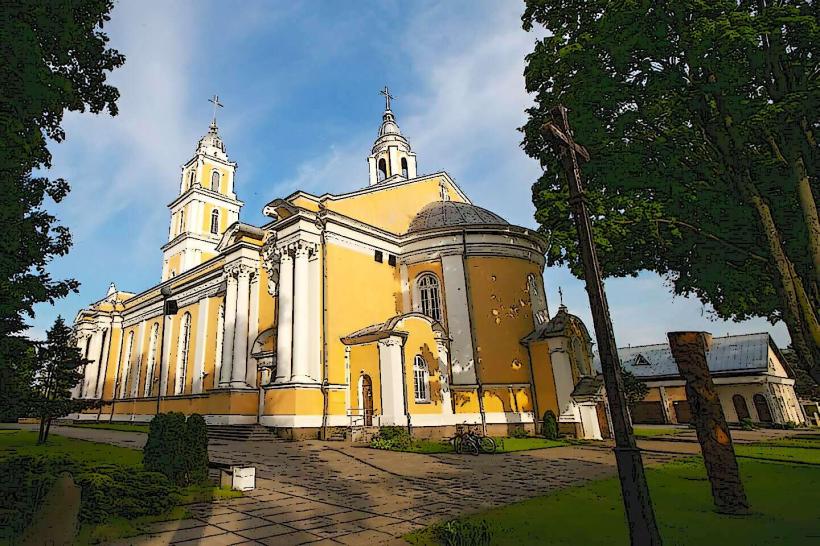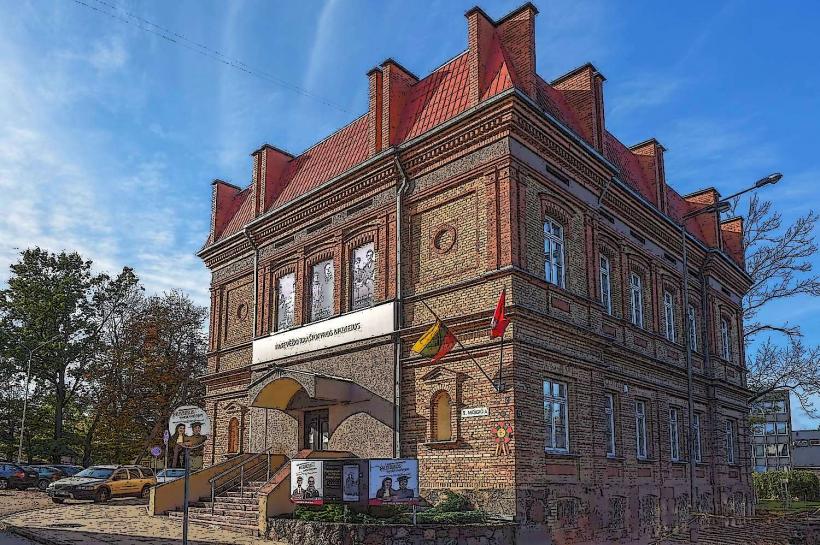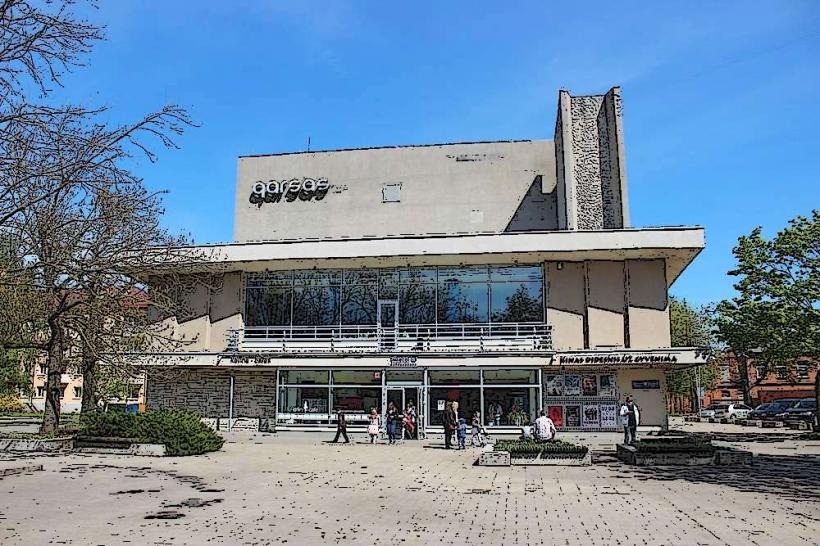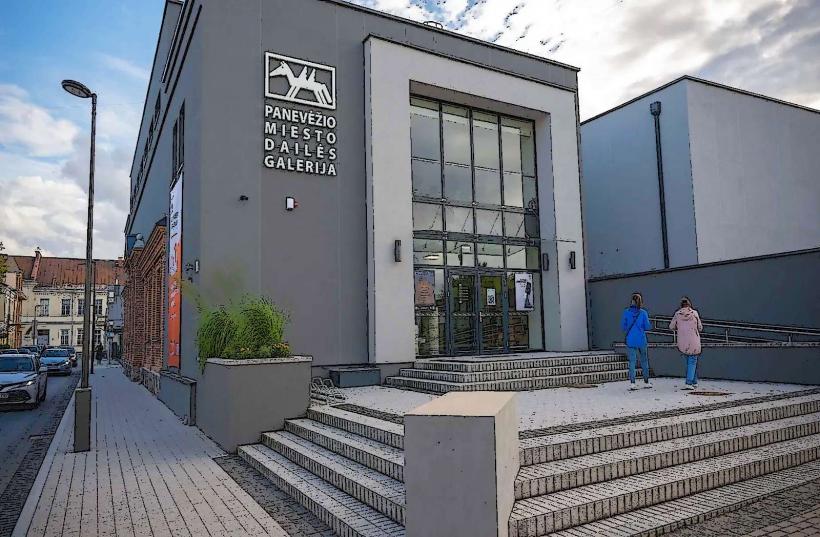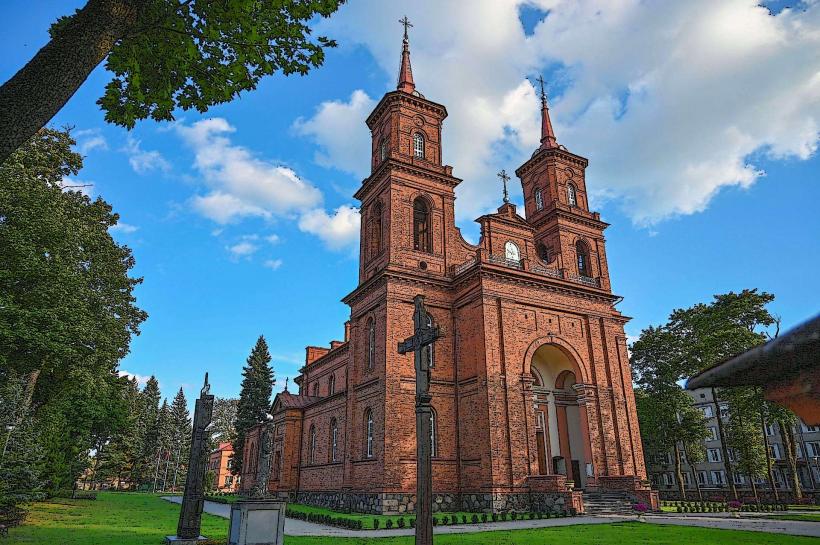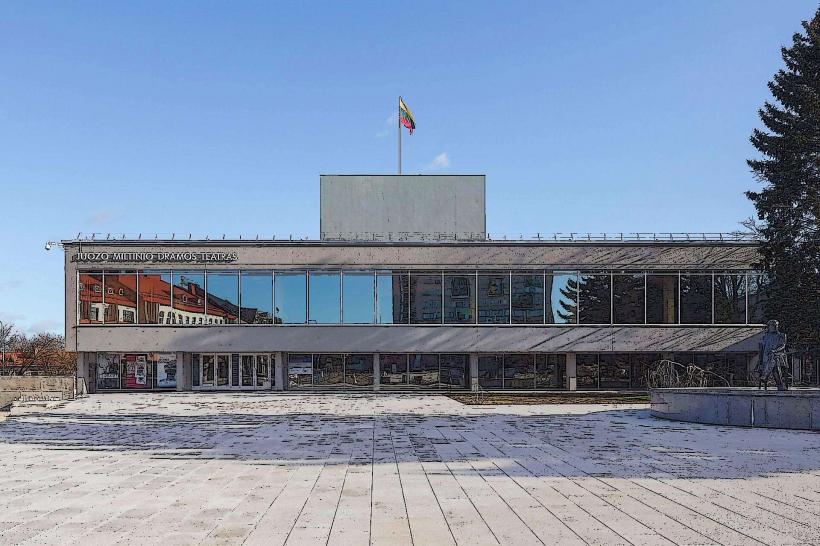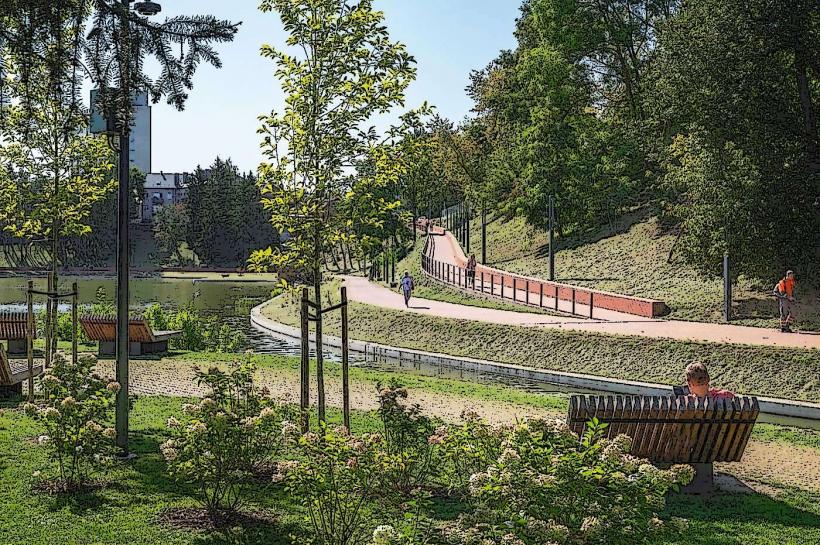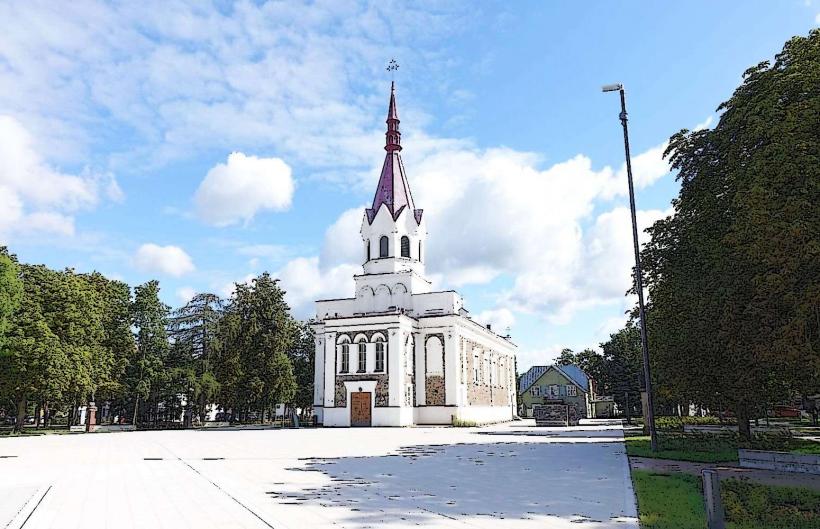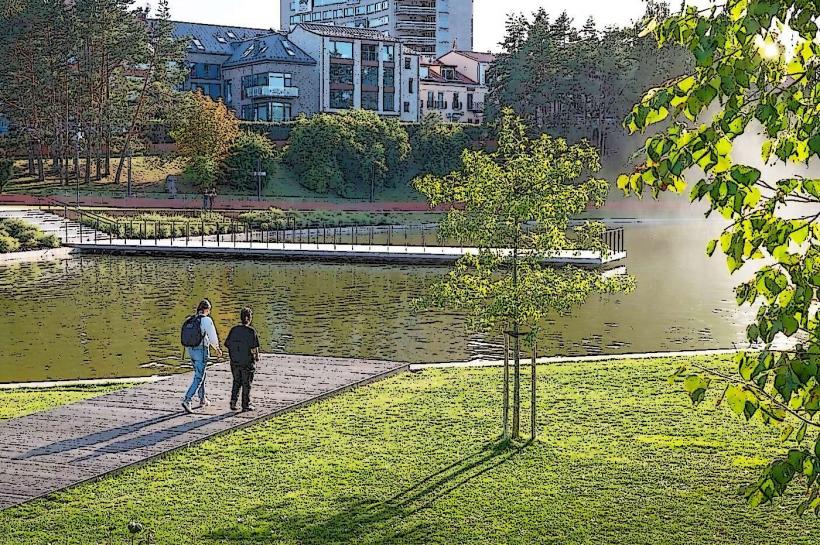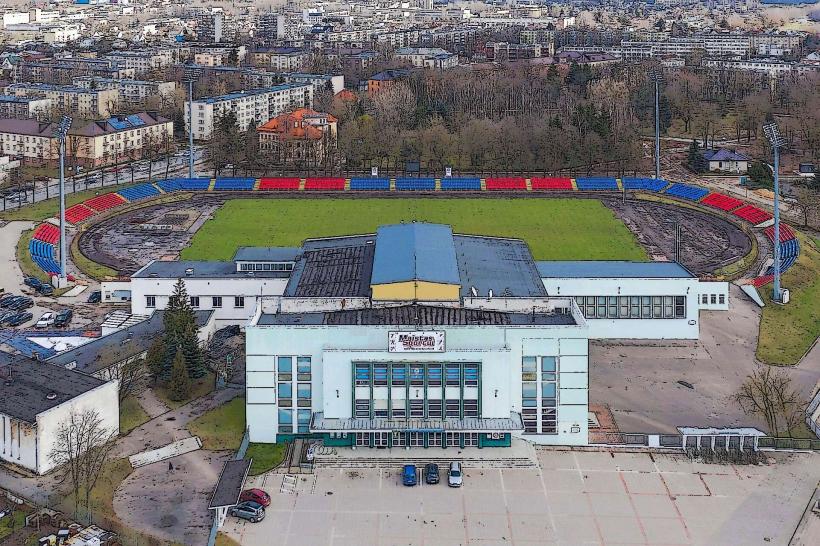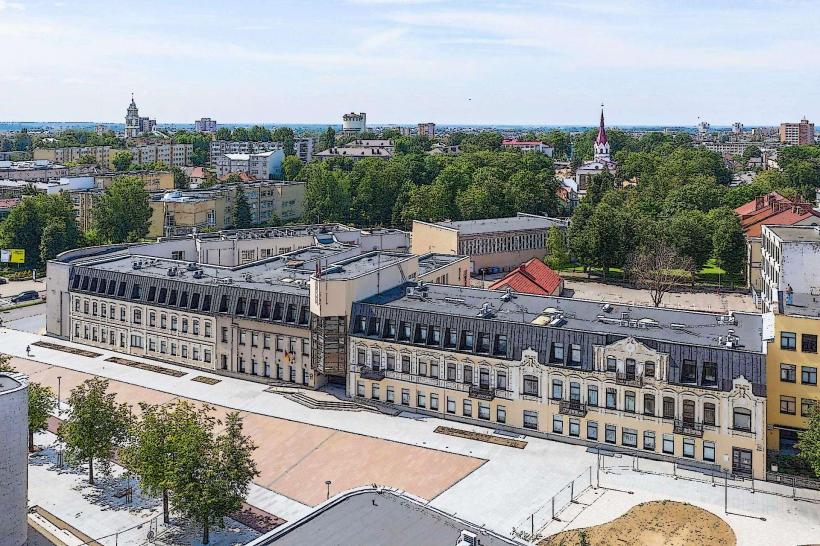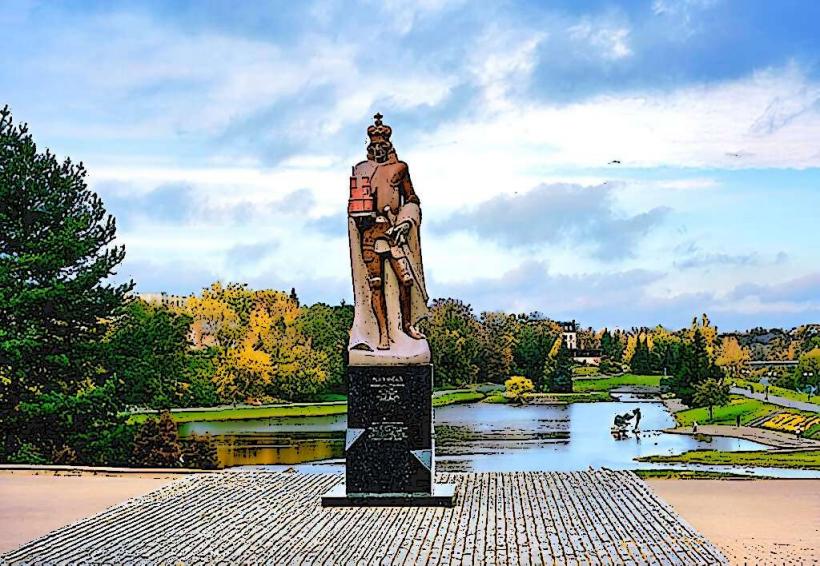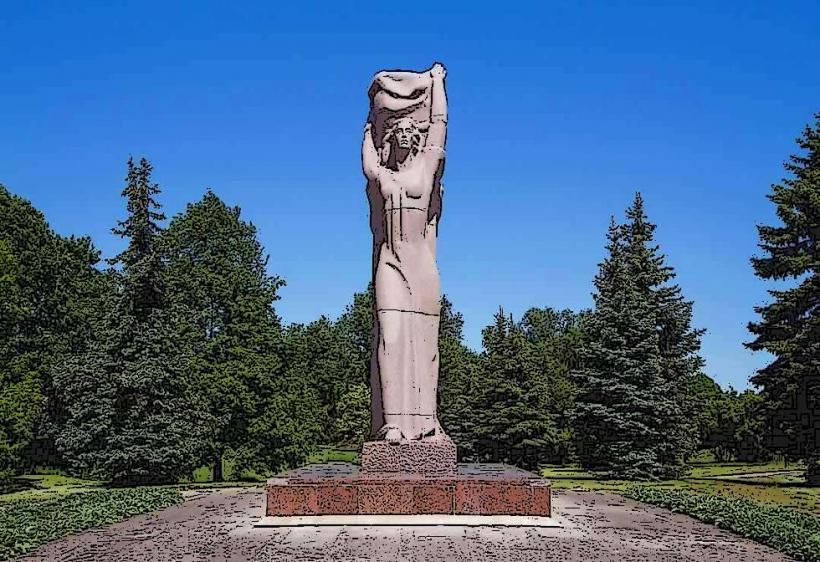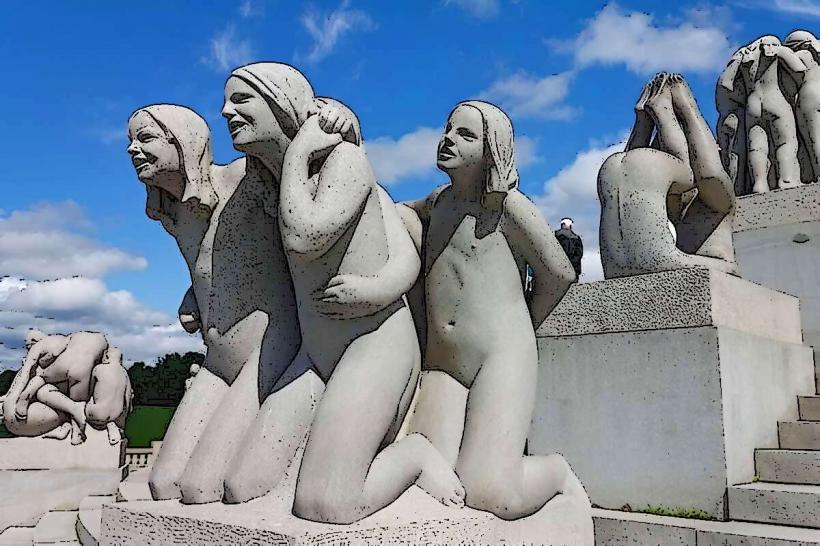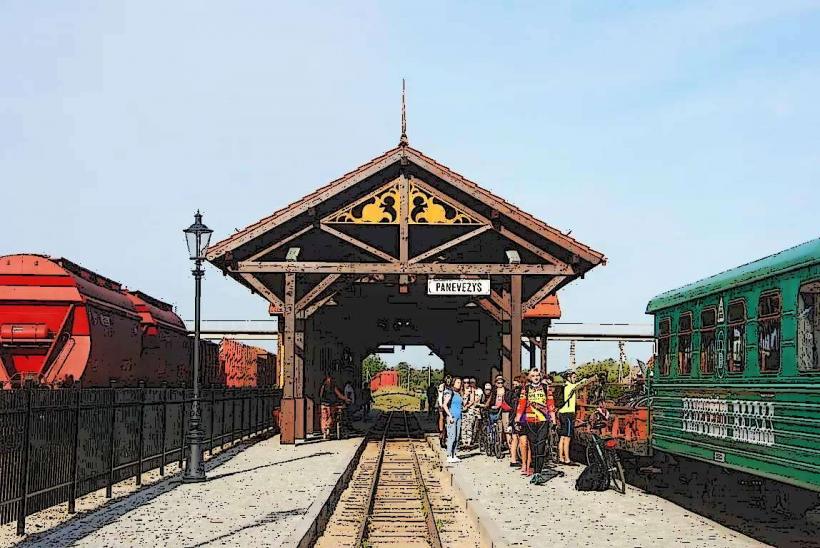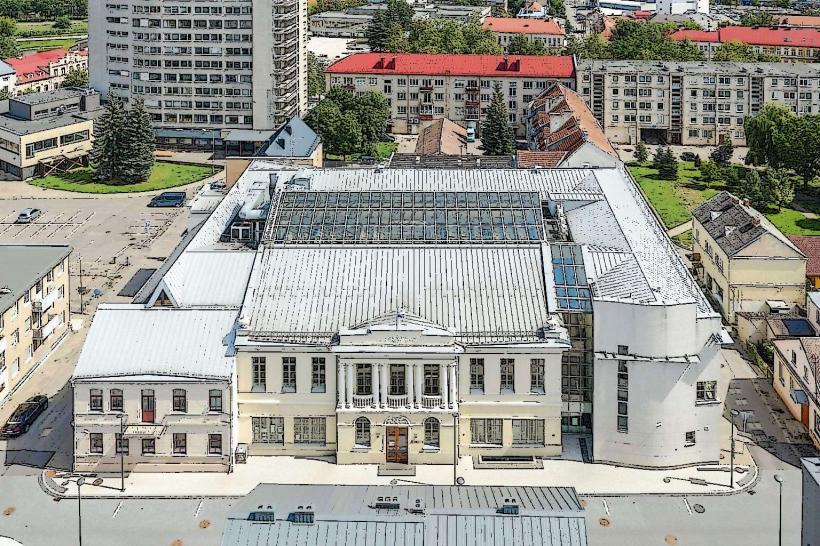Information
Landmark: Panevėžys Old TownCity: Panevezys
Country: Lithuania
Continent: Europe
Panevėžys, one of the largest cities in Lithuania, is known for its history and cultural significance. While Panevėžys is not as well known for its Old Town as cities like Vilnius or Kaunas, it still has a rich heritage and several attractions worth exploring. Below is a detailed look into Panevėžys Old Town:
1. Historical Background
Panevėžys dates back to 1503, when it was first mentioned in historical records. It developed as a trading and administrative center due to its location on the Nevėžis River. The Old Town reflects its evolution from a medieval town into a modern urban center.
2. Architectural Highlights
While much of Panevėžys has been modernized, parts of the Old Town retain buildings and layouts reflective of its historical past:
- St. Peter and St. Paul's Church: A central landmark, this Neo-Gothic church built in 1885 is known for its striking architecture and religious significance.
- Jewish Heritage Sites: Before World War II, Panevėžys had a vibrant Jewish community. Several former synagogues and remnants of the Jewish district, including cultural and religious sites, remain part of its historical narrative.
- Interwar Architecture: Many buildings from the interwar period (1918–1940) showcase the modernist style popular in Lithuania during that time.
3. Nevėžis River and Green Spaces
The Nevėžis River flows through the city, giving the Old Town a scenic backdrop. Riverbanks in this area have been transformed into pedestrian-friendly zones with parks and walkways:
- Senvagė Park: Located near the Old Town, it is one of Panevėžys's most picturesque spots. The park features fountains, bridges, and sculptures.
- Cido Arena Vicinity: Though not directly in the Old Town, the nearby area adds to the city's modern cultural landscape.
4. Cultural Institutions
Panevėžys Old Town and its surrounding areas house cultural centers and museums:
- Panevėžys Local Lore Museum: Showcases the city's history, including its archaeological and ethnographic artifacts.
- Juozo Miltinio Theatre: Named after the famous Lithuanian director, it’s a cornerstone of the city’s cultural life.
- Photography Gallery: Reflecting the city's longstanding association with the arts, this gallery exhibits works from Lithuanian and international photographers.
5. Markets and Squares
- Laisvės Square: A central gathering place in the Old Town with monuments, green spaces, and seasonal events.
- Traditional Markets: The Old Town area occasionally hosts markets where you can find local crafts, foods, and antiques.
6. Cultural and Religious Diversity
Panevėžys has historically been home to various ethnic and religious communities, including Lithuanians, Poles, Russians, and Jews. This diversity is evident in the city's historical landmarks, such as churches, synagogues, and cultural institutions.
7. Modern Developments
The city is actively restoring and preserving its historical sites while integrating modern amenities. Efforts are ongoing to enhance the Old Town's appeal to both locals and visitors by promoting its history and cultural significance.
8. Events and Festivals
Panevėžys hosts annual events, some of which take place in the Old Town:
- Panevėžys City Festival: Celebrates the city's heritage with concerts, fairs, and performances.
- Cultural Nights: Feature art exhibitions, music, and open-air performances in historical settings.
Visiting Panevėžys Old Town
Exploring Panevėžys Old Town offers a blend of history, culture, and modern charm. Its compact layout makes it ideal for walking tours, especially along the Nevėžis River and around its cultural landmarks. Whether you're interested in architecture, local history, or relaxing green spaces, Panevėžys Old Town provides a unique glimpse into Lithuania's regional heritage.

